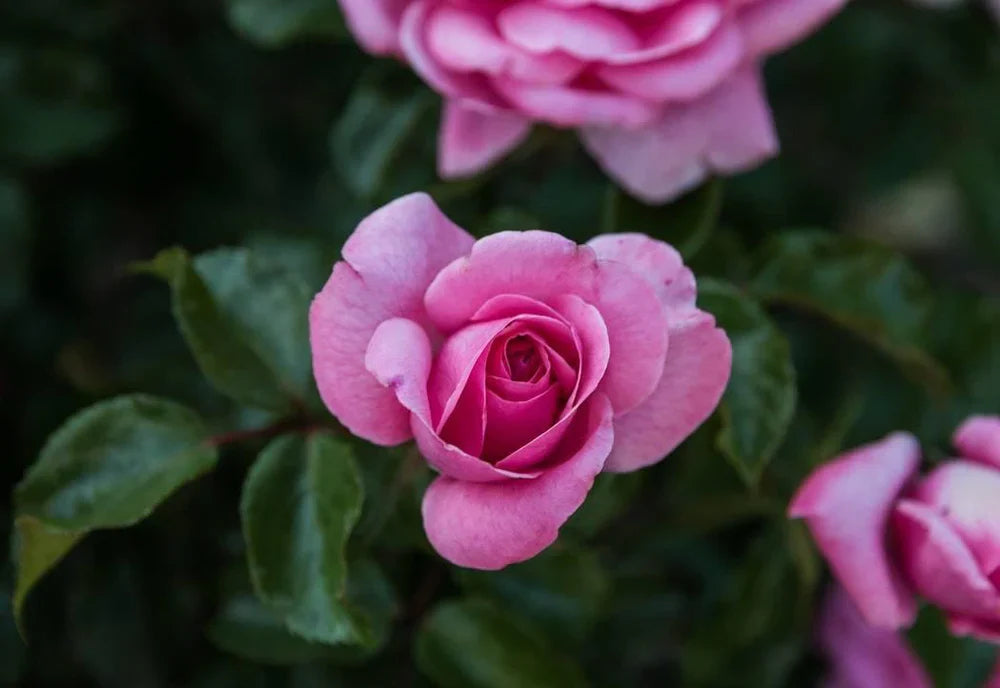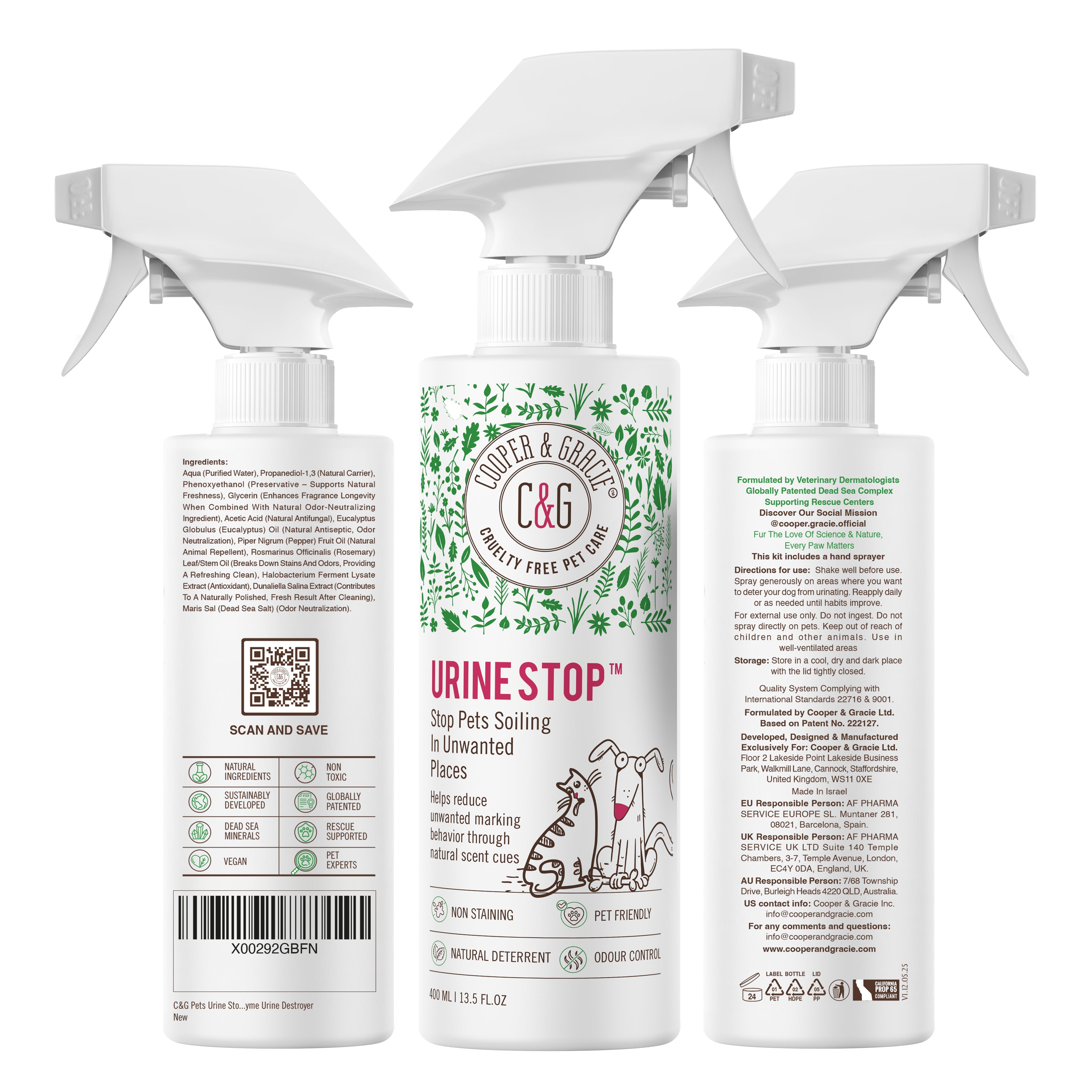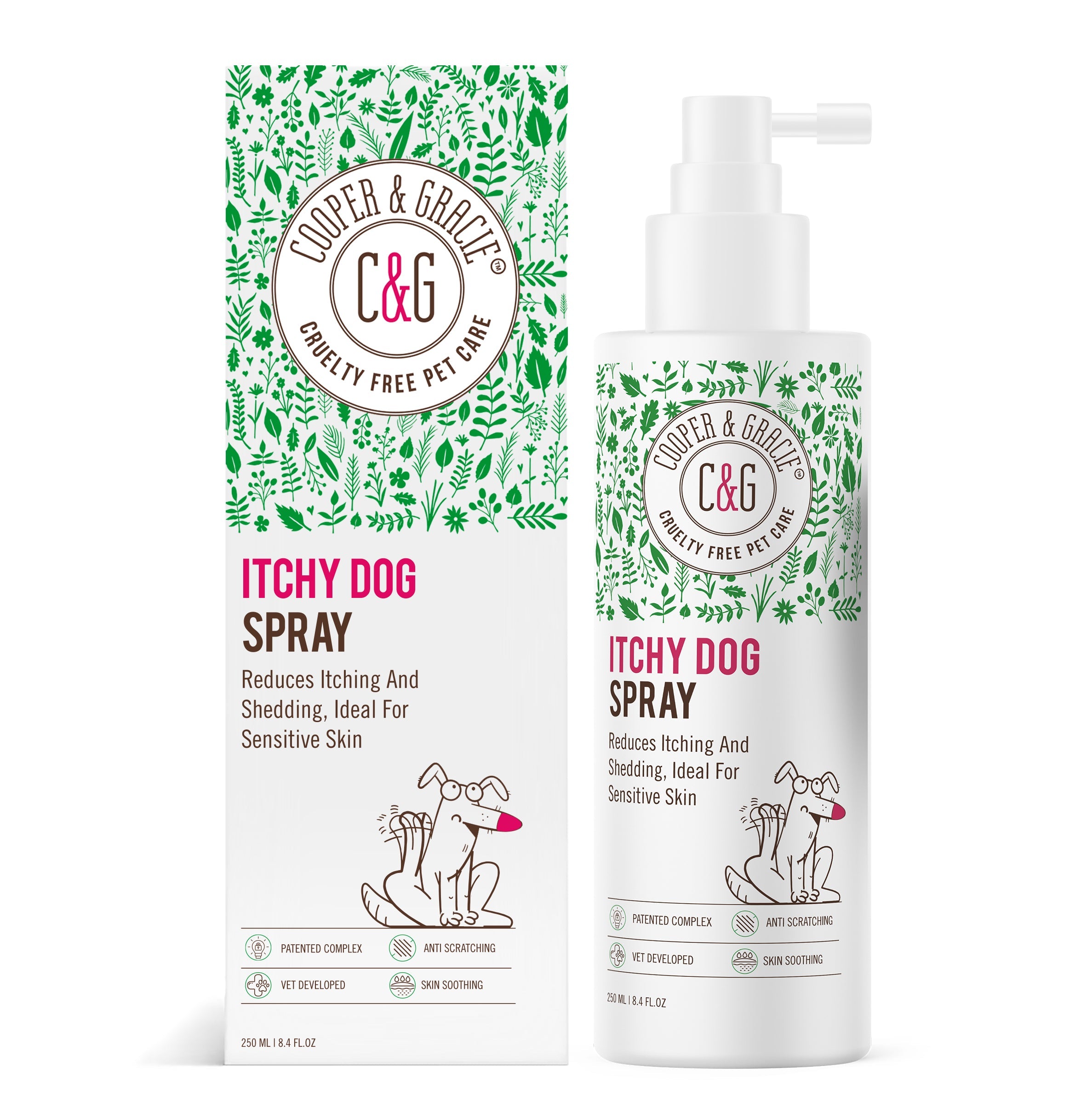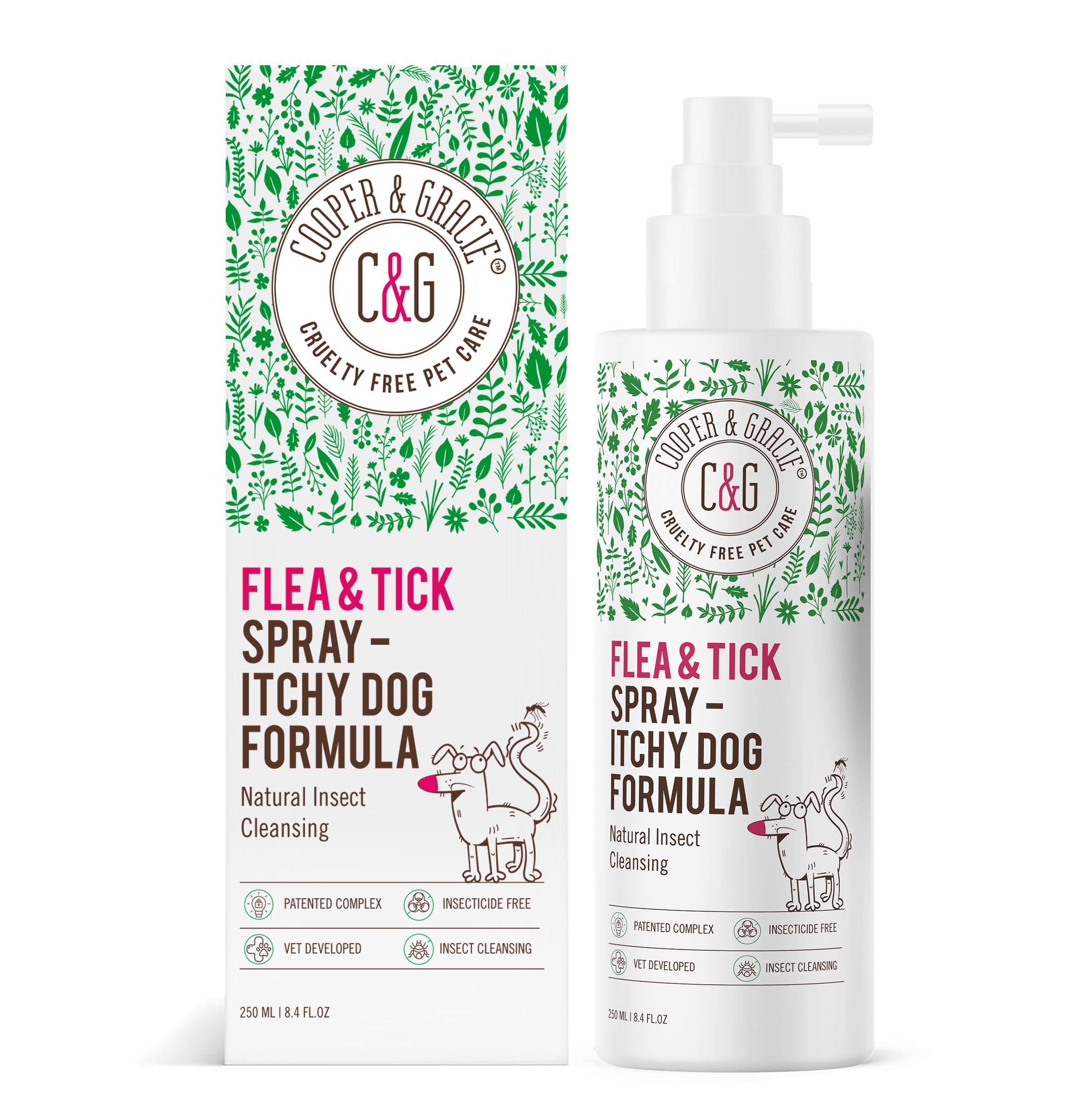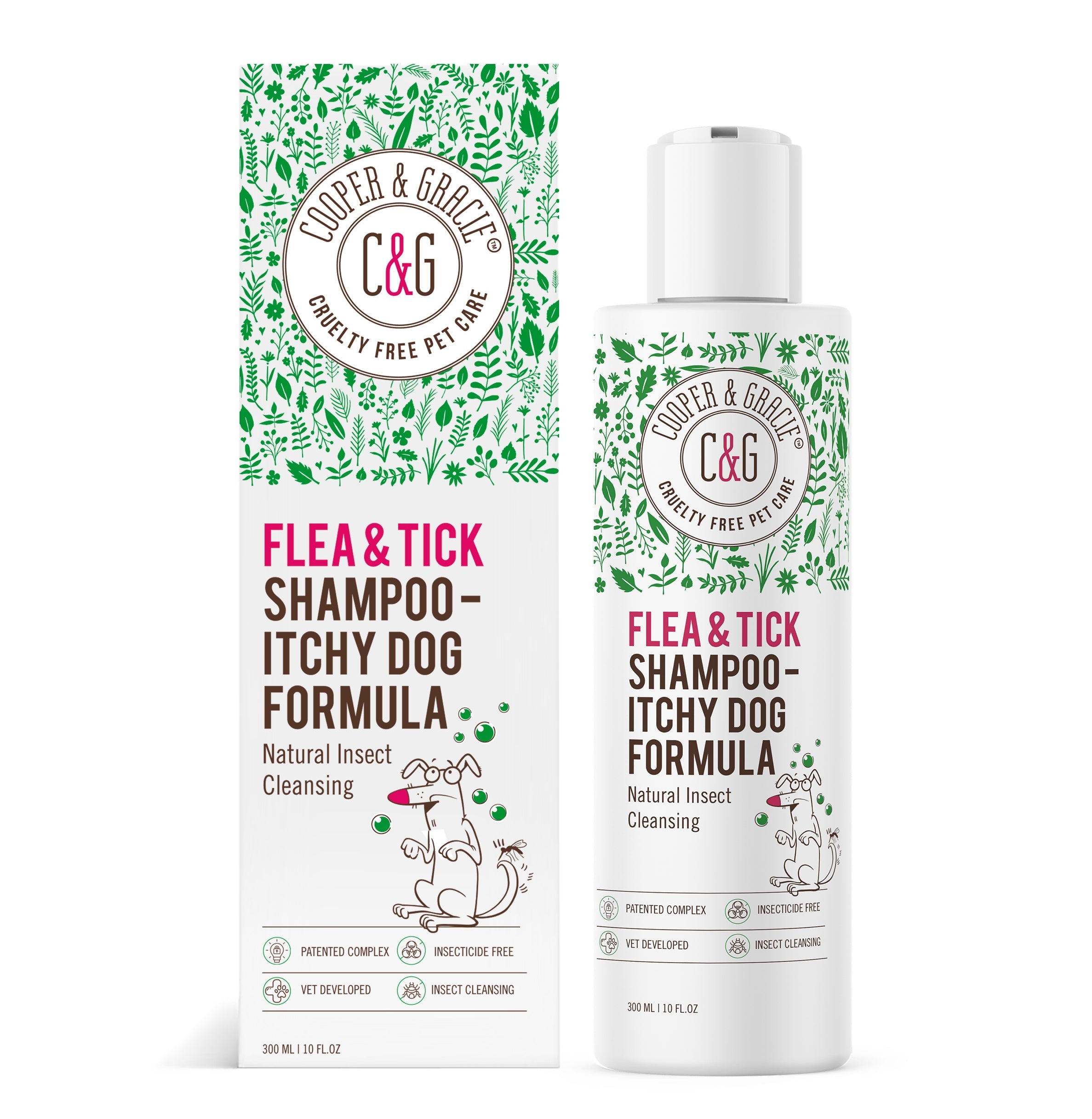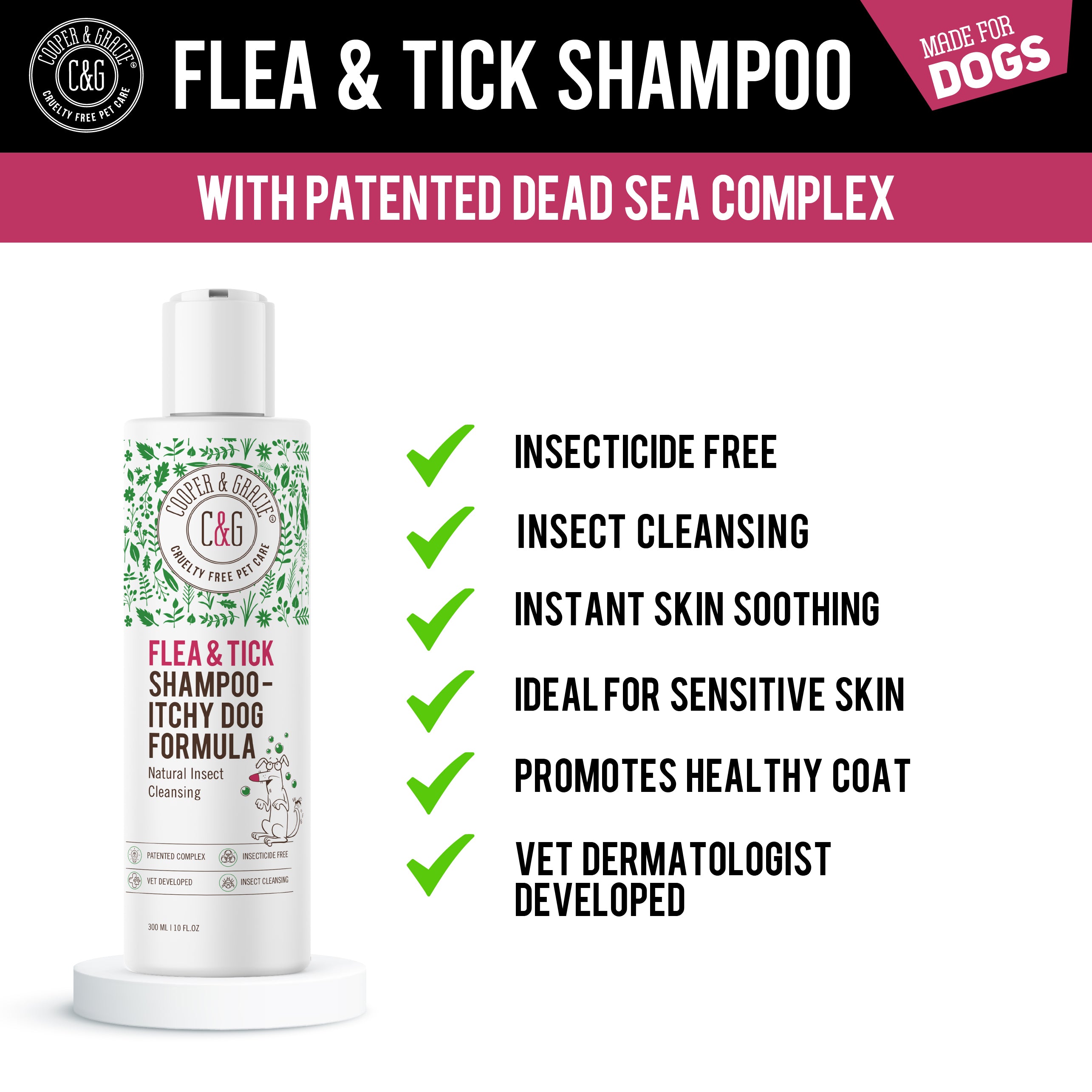If you’re a keen gardener, chances are you’re familiar with greenfly and the havoc they can cause to otherwise healthy plants. Commonly found between March and August, greenflies tend to grow rapidly from Spring, taking advantage of nutrient-rich plants with fewer defences.
Early prevention is the key to stopping a greenfly infestation. If you act quickly, rather than waiting for greenfly to spread, your roses stand a better chance of remaining strong and healthy.
With that in mind, we’ve explored the pesky greenfly and our top tips for prevention.
What are Greenfly?
For all the newbie gardeners out there, what exactly are greenfly, and how do you spot them? Firstly, greenflies (otherwise known as aphids) aren’t always green. Many different species of greenfly attack roses. While green is the most common species, you may also find pink ones on your rose bushes.
Greenfly are recognisable by their tear-drop shaped bodies, which are 1-3mm long. You’ll find both winged and non-winged varieties, which tend to form in large clusters on rosebuds and the underside of young leaves.
What Causes Greenfly?
Much like any insect, natural predators help to control greenfly population. These pesky insects are an excellent meal for ladybirds, beetles, other insects, and even small birds. Where there’s a lack of these biological predators, and in good conditions, greenfly populations can multiply. So, take good care of your garden insects, and they’ll keep greenfly numbers under control.
Weather also has an enormous impact on the greenfly population in your garden. A mild Spring is a perfect climate. A sudden warmth in temperature combined with light winds provides the ideal breeding environment. With no strong gusts of wind or storms to blow them away, greenfly can make your garden their home and very quickly multiply.
Do Greenfly Affect Plant Growth?
A few greenflies aren’t likely to cause problems for your precious roses. But if your greenfly spread, an infestation can cause:
- Stunted growth to younger plants by sucking plant sap
- Damage to flowers and buds, causing wilting
- Patches of a sticky sugar solution called honeydew
- Sooty mould that infects the honeydew, turning foliage black
How Do You Get Rid of Greenfly?
There are many tactics for getting rid of greenfly and controlling the population in your garden, including:
Turning your garden into a greenfly predator’s paradise.
Attract ladybirds, ground beetles, hoverflies, parasitoid wasps and earwigs. You can do this by carefully choosing your surrounding plants. E.g. ladybirds love pollen-rich flowers, like angelica, marigold and yarrow. However, be aware that often greenfly populations can spread much faster and earlier than natural predator numbers.
Creating an anti-greenfly environment with plants that repel aphids.
Alongside your predator’s paradise, you may also have some luck by including plants that greenfly hate. Some good choices are fennel, dill and garlic.
Daily greenfly removal by hand.
Keeping greenfly in check by hand can keep numbers down. Check your roses daily and squash them with your fingers. Regular inspections from the beginning of Spring will help, but make sure you catch them early before they spread!
Blasting them off with your hose pipe.
Often, once you’ve dislodged greenflies from your roses, they won’t be able to get back up. However, be careful not to damage your roses with powerful water pressure. And much like removal by hand, you may need to spray them daily to avoid an infestation.
Using a rose bush spray to cleanse roses
A natural bee-friendly rose spray will wash away greenfly. Using a gentle cleanser keeps pets, wildlife and our delicate eco-system safe. By choosing natural over some chemical alternatives, you can ensure you don’t lose other delicate insects in the process. A rose bush spray also has the added benefit of providing nutrients to keep your roses strong and healthy.
As firm believers in natural preventatives, we don’t recommend using chemical-based insecticides to protect your roses. Not only due to the potential harm to delicate insects like bees and sensitive wildlife but also to ensure your garden is safe for dogs, cats, children.
Explore our full collection of organic garden pest control products to keep your garden pest-free and safe.
Related Posts
